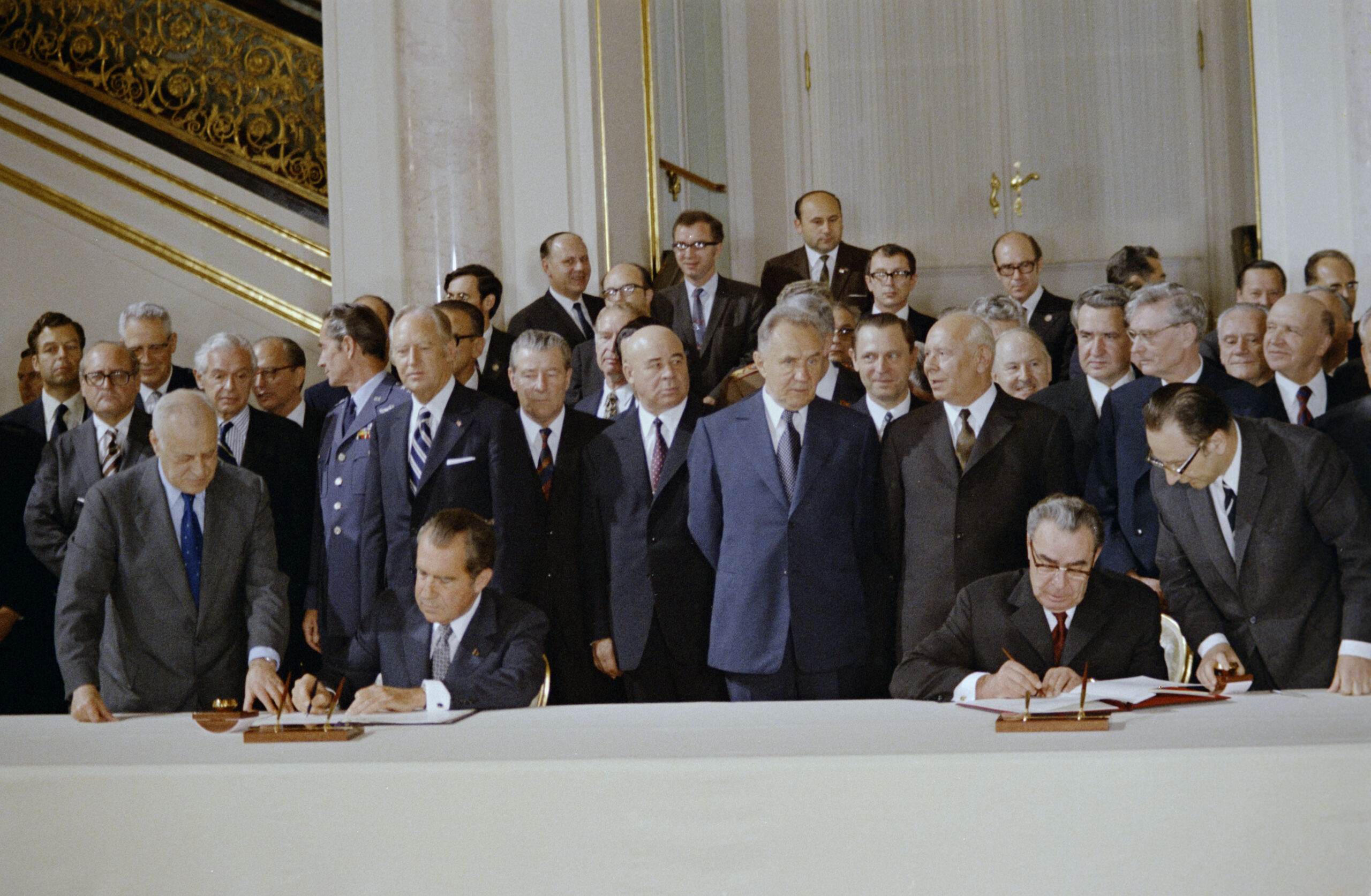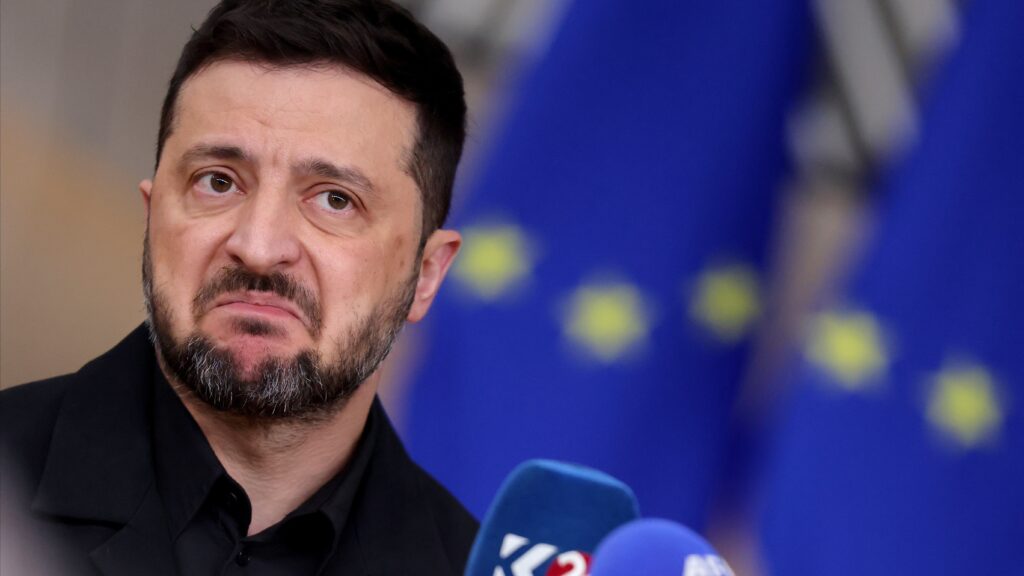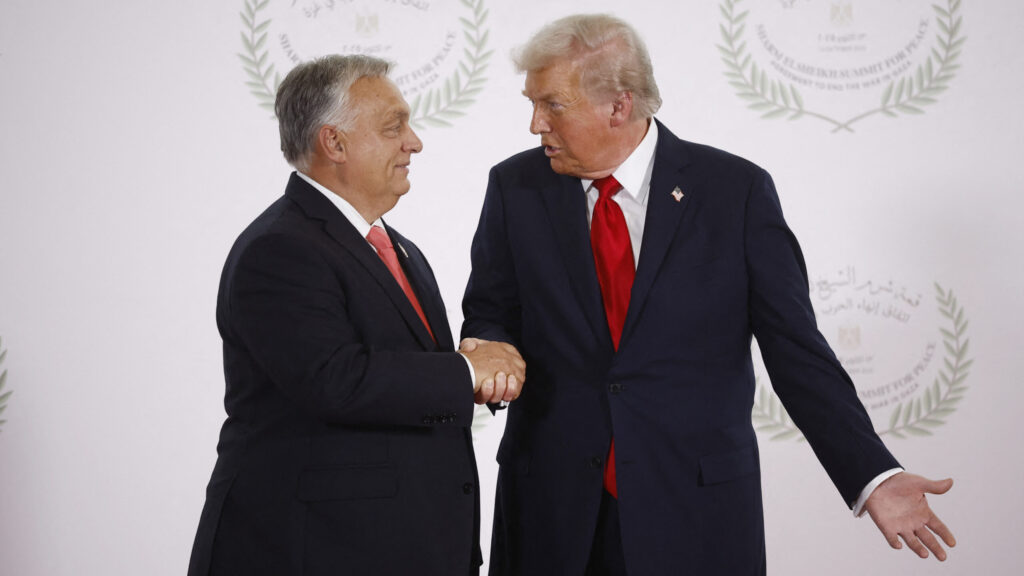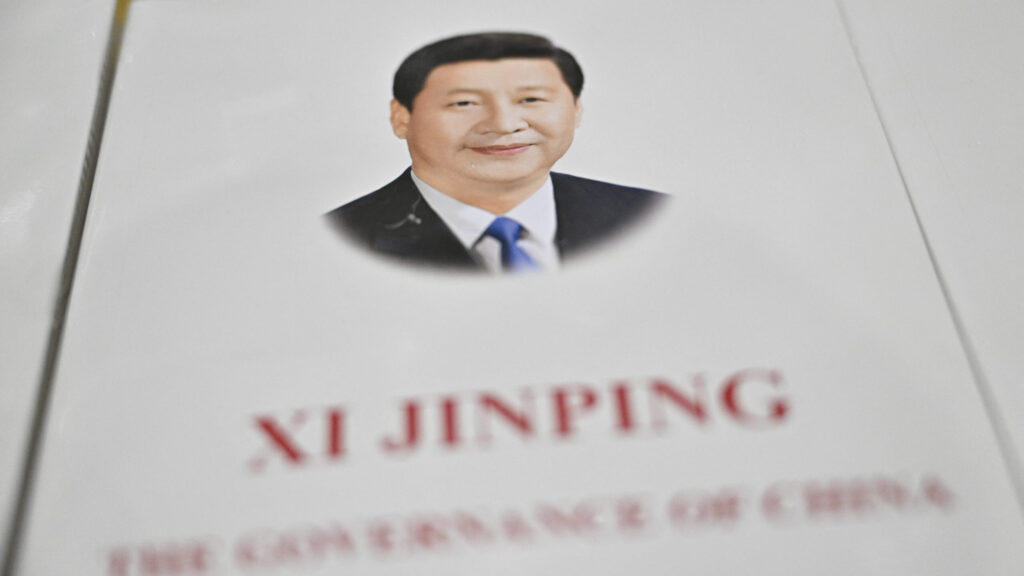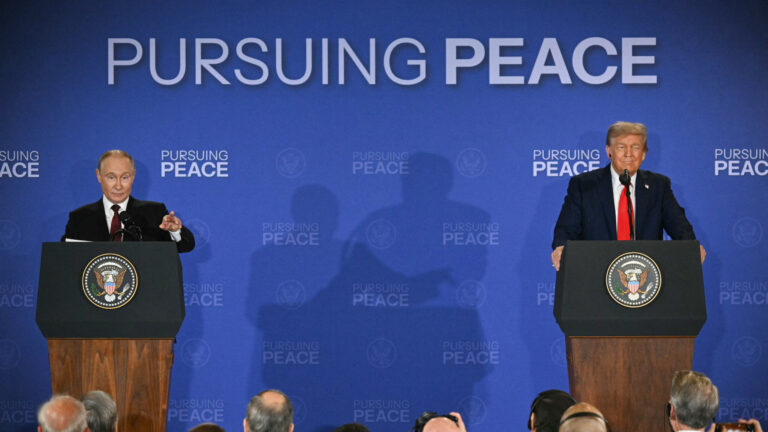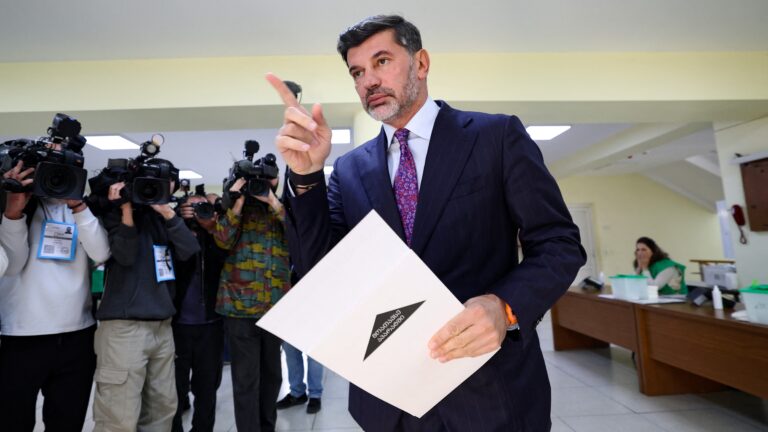Today is a national day of mourning in the United States of America as its 39th President, Jimmy Carter, is laid to rest. The legacy of the longest living US president—he was 100 years of age—is unique in that he is recognized more for his humanitarian contributions after he left office, as opposed to what was presidency (1977–1981) that oversaw economic turmoil and political upheaval with the Soviet invasion of Afghanistan, the Islamic revolution in Iran that overthrew the Shah, the Iranian hostage crisis, and so on.
President Carter did have significant foreign policy successes that benefited the world: the Camp David Accords, which brought peace between both the Egyptians and Israelis, the ratification of the Strategic Arms Limitation Talks (SALT) II with the Soviet Union, and initiating formal diplomatic relations with the People’s Republic of China (PCR) when he welcomed to Washington Deng Xiaoping—the first leader of Communist China to visit the U.S. Yet Carter’s diplomatic and political accomplishments, as with future presidents, were made possible by the seeds planted by the 37th US President Richard Nixon.
A Devout Quaker Becomes President
Born on this day in 1913, Nixon, like Carter, came from a humble background, or as his characterized it: ‘We were poor, but the glory of it was we didn’t know it.’ The second of five children—his younger brother died in 1925 after a short illness, and in 1933, his older brother passed away—Nixon was a devout Quaker, as a result of his mother’s exertion. He served as a both a Representative of the lower House of Congress and Senator from California, and as vice president under Dwight D. Eisenhower (1953–1961).
As Vice President he supported the monitoring of labor union activities, joining the House Un-American Activities Committee, co-sponsoring the Mundt-Nixon Bill requiring registration of all Communist Party members, thus earning his bona fides as a hawkish anti-communist. In 1960, he lost his bid for the White House in a close race with Democrat John F. Kennedy, but made an historical comeback when he was elected president in 1968; re-elected in a landslide in 1972 taking 49 out of the 50 states. While his presidency will forever be tarnished by the Watergate scandal, which led him to resign from office—the first and only president to do so—his foreign policies sealed U.S. predominance during the Cold War, which would set the stage for international peaceful negotiations.
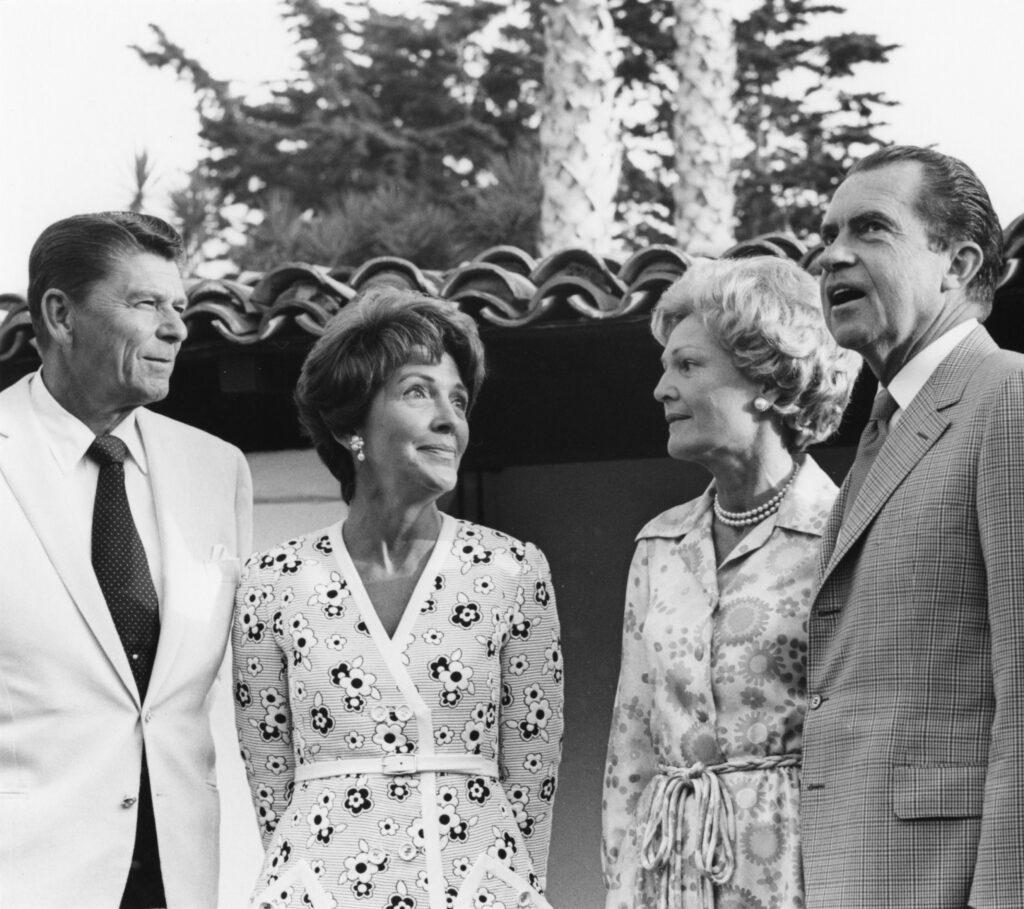
Cementing U.S. Hegemony
One of the most prominent contributions of the Nixon presidency that still holds today cementing America’s role in the global economy via the US petrodollar—a petrodollar is every U.S. dollar (USD) deposited in Western Banks which derives from the sale of oil. It has helped to stabilize the global economy by providing a generally predictable framework for oil transactions, notwithstanding economic imbalances and volatility.
In 1971, crude oil prices, no longer having any gold backing, skyrocketed as the Nixon administration refused to relent on the USD’s gold convertibility. Nixon took the extraordinary step of unilaterally suspending its convertibility to gold at the official rate of 35 USD per ounce, essentially dismantling the Bretton Woods system that had governed international monetary relations since the end of World War II. Nixon’s decision measure marked a watershed moment in the growth of the global monetary system since it severed the final link between the dollar and gold, ushering in the age of fiat currencies.
The USD thus became de facto the world universal currency, for which only American banks could handle. Consequentially, the world’s financial assets—including any dollar accounts owned by foreign countries, enterprises and individuals—were from thenceforth under America’s digital thumb.
Foreign Policy
The U.S., despite early nuclear arms agreements, like the 1963 Limited Test Ban Treaty that came in wake of the Cuban Missile Crisis (1962), saw tensions escalate with its Soviet adversary. Together with the anti-war protests and domestic pressures against America’s involvement in Vietnam mounting during the 1960s, U.S. officials began to explore the possibility to improve relations with communist governments in Asia with the goal that such a policy might diplomatically isolate North Vietnam and diminish future conflicts. Given the Sino-Soviet tension and the Chinese leadership’s desire for a rapprochement with Washington, President Nixon, with the assistance of his National Security Advisor and later Secretary of State Henry Kissinger’s policy of détente—the French world for ‘relaxation’—began to ease travel and trade restrictions against China that dated from the Korean War in the early 1950s.
Of greater significance, Nixon, through Kissinger, established a secret channel to the PRC’s leadership through Pakistani President Yahya Khan. In 1971, Nixon removed the last remaining restrictions preventing Americans from traveling to mainland China. The following year, he became the first visiting U.S. president to visit China. After his historic meeting with Chairman of the Chinese Communist Party Mao Zedong, the U.S. abandoned the ‘two-Chinas’ policy–that of Beijing and Taiwan–favoring the former. As a result, both countries were able to re-establish diplomatic relations, trade, and an alliance against the Soviet Union.
Despite these achievements, many in the West had hoped that the PRC would recognize and promote democracy. In retrospect, it seems that the aim of the Sino-US policy was economic profit so that the Soviets could be further isolated. This effectively led to the SALT I accord, which President Nixon signed with Soviet General Secretary Leonid Brezhnev in Moscow. It was, at the time, the most far-reaching attempt to control nuclear weapons ever.
In January 1973, after the signing of the Paris Peace Accords, Nixon completely withdrew all remaining America forces from Vietnam, thus bringing the war to an end—this did not end the war for the Vietnamese as the fighting continued until April 1975 when Saigon fell to the North Vietnamese. In June 1974, Nixon made a crucial visit to Egypt, after he restored full diplomatic relations with the Egyptians on February 23 of the same year. His trip to the Middle East had two primary objectives: to consolidate peace with the various countries he would visit, especially after the brutal Yom Kippur War (1973), and to emphasize the movement towards peace that had begun and ensure that all parties understood the negotiating strategy Washington was pursuing.
His Legacy
Like many U.S. presidents, Nixon had controversial policies, as with the secret bombing of Laos and Cambodia so as to cut off the arms supply to the Vietcong, as well as, on the on the cities of Hanoi and Haiphong in 1972 in order to coerce the North Vietnamese leadership to resume peace negotiations. All things being equal, perhaps history will one day remember Nixon as the man who paved the way, if not fomented, for nations to consider speaking with each other, as opposed to shooting at each other. His to life, in part, can be summed up in these words during his farewell speech:
‘Always give your best; never get discouraged; never be petty. Always remember others may hate you, but those who hate you don’t win unless you hate them, and then you destroy yourself.’
Related articles:

